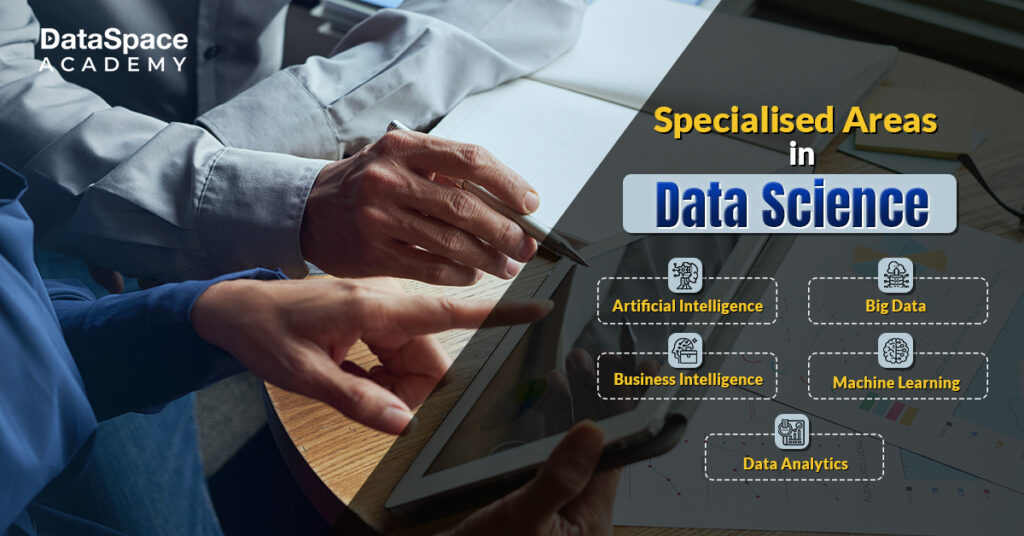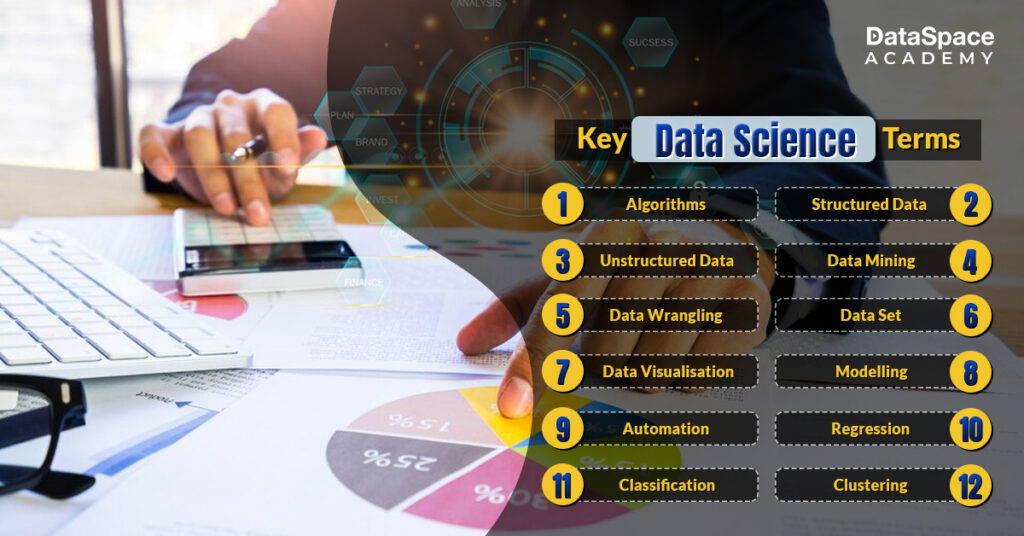[br]
Data science is a complex and vast field with its own set of languages, which might sound like Hebrew to untrained ears. If you are aspiring for a career in data science, it’s always best to start with knowledge of the basic data science terminologies. This blog explores the top data science terms to know to help you understand the discipline that’s shaping every industry.
At its core, Data science involves the multidisciplinary approach of extracting valuable insights from extensive and cluttered data sets.
Put simply, it is the process of identifying the right business questions and using data to find answers to those questions. Data experts employ a variety of techniques and fields such as computer science, predictive analytics, AI, statistics, and machine learning to obtain these answers. Some may refer to data science as "advanced analytics" or "predictive analytics”. However, these data science terms should not be confused with data analytics, which we will discuss shortly.
Data science encompasses several specialised areas that focus on specific aspects of data analysis, interpretation, and application. Here are explanations of some key specialisations within data science:

The stages of data science entails progression of a data-driven project from initial conception to implementation. Here's an explanation of each stage:
The field of analytics encompasses different approaches to extracting insights from data. Here are explanations of the four common types of analytics:
Now that you see the big picture, here are some common terms in data science relation to the disciplines mentioned above.

Data science is a rapidly developing discipline that’s only predicted to grow in the coming years.
We hope the definitions above shed some light on data science’s core tenets and applications for businesses. For a more detailed study in the field of Data Science, you can choose Certification in Data Science from DataSpace Academy. The academy extends hands-on training on projects and placement assistance to kickstart your career in this evolving domain.



